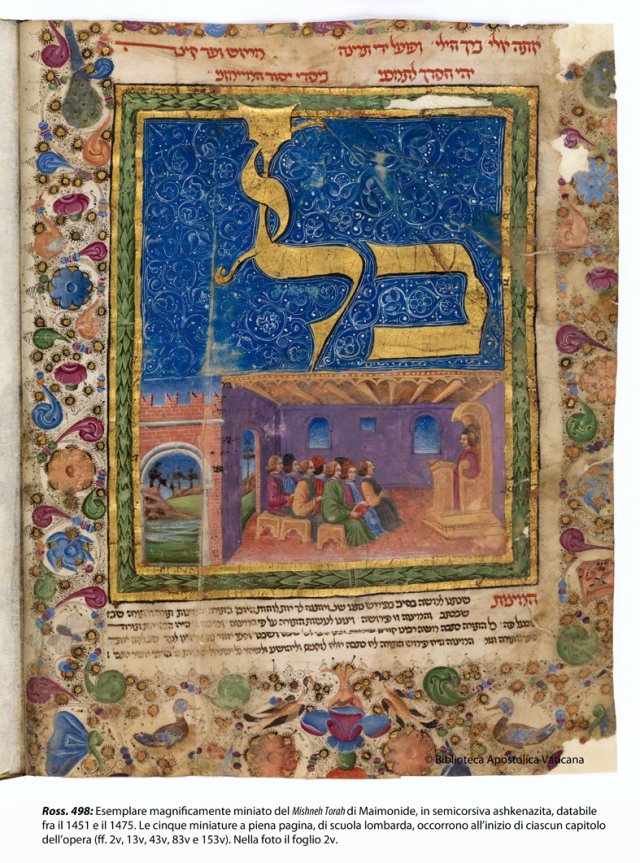
#Old manuscripts archive#
Over fifty Thai manuscripts and the Chakrabongse Archive of Royal Letters have been digitised with the generous Of measures aimed at developing innovative approaches to archiving, accessing and using data for research in theĪrts and humanities supported as a part of the additional investment to enhance the national e.infrastructureįor research announced by the Government in October 2011. Research Council as a part of its Digital Transformations in Arts and Humanities Theme and contributes to a package

The Royal Manuscripts and Botany in British India projects have been funded by the Arts and Humanities Including articles, videos and collection highlights, is available A guide to the Greek Manuscripts collections, Thriplow Charitable Trust, and the Friends of the British Library. Leventis Foundation, Sam Fogg, the Sylvia Ioannou Foundation, the Were generously funded by the Stavros Niarchos Foundation and the third phase wasįunded by the Stavros Niarchos Foundation, the A. The city of Segou has mostly escaped the conflict that has torn through Mali in the past decade, but armed groups and abusive soldiers have wreaked devastation on nearby vulnerable towns and hamlets, and people in the city are fed up.Almost 900 Greek manuscripts and some of the most important papyri, ranging in date from the first to the 18thĬenturies, are now included in the Digitised Manuscripts site. His audience listened, some of the robed men wrapping woolen scarves tighter despite the 100-degree heat. “What Sheikh Omar Tall did to bring peace to Borno and Sokoto - people from Segou can use these same tactics to talk to people from Mopti, and Bandiagara, and so on,” his descendant said, referring to areas of Mali, and switching between French and Bambara, the country’s most widely spoken language. The Segou scholars looked to his experience for inspiration on ending the modern conflict. He cited Quranic verses, hadiths - sayings attributed to the Prophet Muhammad - and commentaries by Muslim scholars, all condemning clashes between believers. Omar Tall composed his tract as he walked through the Sahara, a journey “so hard and tiring,” he wrote, made harder by his wife and brother being gravely ill. Five translators rendered the version they were examining into French and Arabic, using three different manuscript copies. In the text, the scholar, using religious arguments, tried to resolve a conflict between the leaders of the Borno and Sokoto empires, one that shaped West Africa. “Look at the old manuscripts our ancestors left us,” he said, smiling.

Tall looked up from the copy of the manuscript, set down in a bold Arabic script. Fans whirred and prayer beads softly clacked as they listened. It was as if the scholar was speaking to them down the centuries. It housed the library of Omar Tall, a scholar, politician and military leader, born in the 1790s, whose library was seized by French colonial authorities and taken to Paris.Ī few months ago in Segou, in the dry season, dozens of Muslim scholars and local personalities gathered in a high-roofed hall as Thierno Bashir Tall, a descendant of Omar Tall, read from a copy of a text preserved in several manuscripts. Segou, a river city in south-central Mali, was another center of learning and scholarship in the region.


 0 kommentar(er)
0 kommentar(er)
